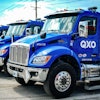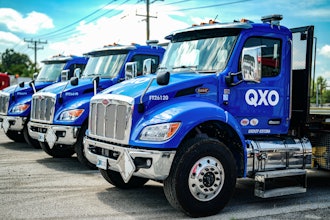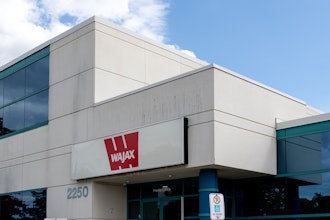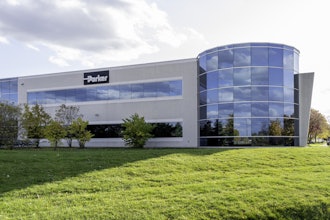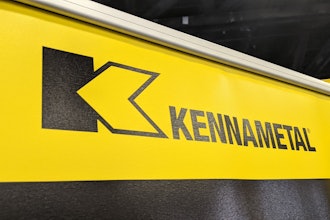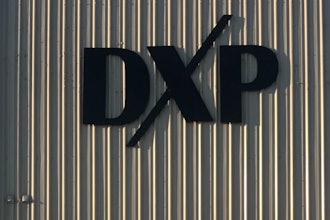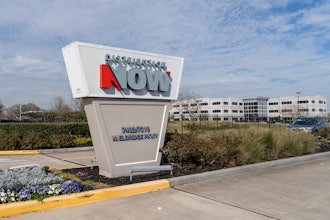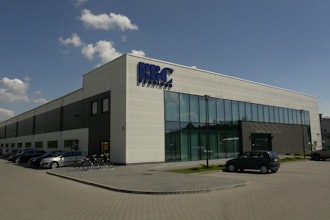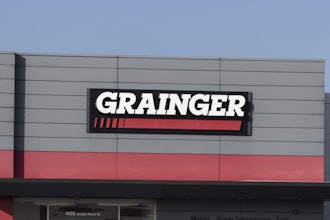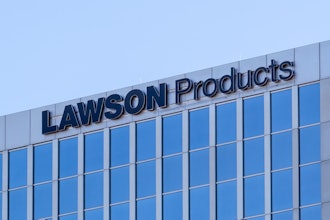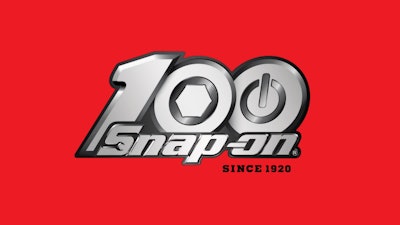
Tools, tool storage and automotive repair products maker Snap-on reported its 2020 first quarter financial results on Tuesday and provided color on how COVID-19 has impacted its operations.
The Kenosha, WI-based company reported Q1 total sales of $852.2 million, down 7.5 percent year-over-year (YoY) from $921.7 million of a year earlier, while organic sales fell 6.9 percent. Operating profit of $138.9 million fell 25.9 percent from $187.4 million a year earlier, while total Q1 profit of $137.2 million fell 22.9 percent from $177.9 million of a year earlier.
Those figures compare with 2019 Q4 sales of $955.2 million, when organic sales increased 0.6 percent YoY, while total profit was $170.6 million.
“As a result of the global impact of COVID-19, particularly near the end of the period, the worsening economic conditions impacted our sales and earnings during the first quarter,” said Nick Pinchuk, Snap-on chairman and CEO. “During these challenging times, as we prioritize the health and safety of our associates, franchisees,  Pinchuk
Pinchuk
In a conference call with analysts discussing Snap-on’s results, Pinchuk said the company’s sales over the last two weeks of March — during which factory and business shutdowns ramped up across the US — were down by double-digits YoY.
The CEO emphasized that Snap-on’s supply chain operations are operating relatively smoothly, albeit with alterations.
“Our factories and distribution centers have pretty much remained active, doing their part to keep the world going,” Pinchuk said. “Consistent with that, our sourcing teams have been able to maintain our supply chain, supporting both our factories and our kitting centers. In this arena, particularly in the US, we have an advantage because we make in the markets where we sell. Our supply chain is fine.
“We’ve pretty much talked to every franchisee every day. I would say a relatively small number are not running,” Pinchuk continued. “We would say a lion’s share of them are operating on a relatively normal but attenuated activity. In-between there, there’s a bunch of derations – people might be working partial shifts, some people aren’t even taking out their (Snap-on) trucks – they’re putting stuff in the cars and taking it out.”
By Snap-on business segment in Q1:
- Commercial & Industrial sales of $299.9 million were down from $322.5 million a year earlier, with organic sales down 5.7 percent YoY. Snap-on said the organic decrease was primarily driven by lower sales in the segment’s Asia Pacific operations and European-based hand tools business, partially offset by higher power tools sales. Operating profit of $31.5 million was down from $46.5 million a year earlier, with operating margin of 10.5 percent down from 14.4 percent a year earlier.
- Snap-on Tools Group sales of $375.9 million were down from $410.2 million a year earlier, with organic sales down 7.8 percent. Snap-on said the organic decline includes lower sales in both US and international franchise operations. Operating profit of $48.6 million were down from $67.2 million a year earlier, while operating margin of 12.9 percent decline from 16.4 percent a year earlier.
- Repair Systems & Information Group sales of $314.6 million were down from $327.9 million a year earlier, with organic sales down 4.0 percent. Snap-on said the organic decline includes lower sales to OEM dealerships and lower sales of undercar equipment, partially offset by higher sales of diagnostic and repair information products to independent shops. Operating profit of $77.3 million was down $6.3 million YoY, while operating margin of 24.6 percent dipped from 25.5 percent of a year earlier.

The company said it is responding to the macroeconomic challenges by deepening its Rapid Continuous Improvement (RCI), sourcing and other cost-reduction initiatives.
Temporary Facility Closures
On April 4, Milwaukee-based TMJ4 reported that a third Snap-on employee tested positive for COVID-19 at the company’s Milwaukee campus, causing the company to temporarily close that facility the night before to sanitize it. The same report said the campus previously closed for the weekend of March 20 to disinfect the facility. Snap-on told TMJ4 that the company provides full pay and benefits for the CDC’s recognized two-week quarantine.
“We’re keeping our team safe,” Pinchuk said early in opening address to analysts Tuesday. “Snap-on people are working from home, and where that’s not possible, we’re proceeding using government-prescribed guidelines — those put forward by the Centers for Disease Control: Physical distancing; the use of personal protective equipment; cleaning of the facilities – deep and often; staggered shifts and breaks; and quick attention to those who have symptoms. For our franchisees, we’re active and helping, providing a playbook for staying safe.”
Q1 product line acquisition
In its Q1 earnings report, Snap-on said that on Jan. 31, it acquired all the assets of the TreadReader product line from Sigmavision Ltd. For $5.9 million. Sigmavision designs and manufactures handheld devices and drive-over ramps that provide tire information for use in automotive industries. Snap-on said the addition enhances and expands its existing capabilities in serving vehicle repair facilities.

